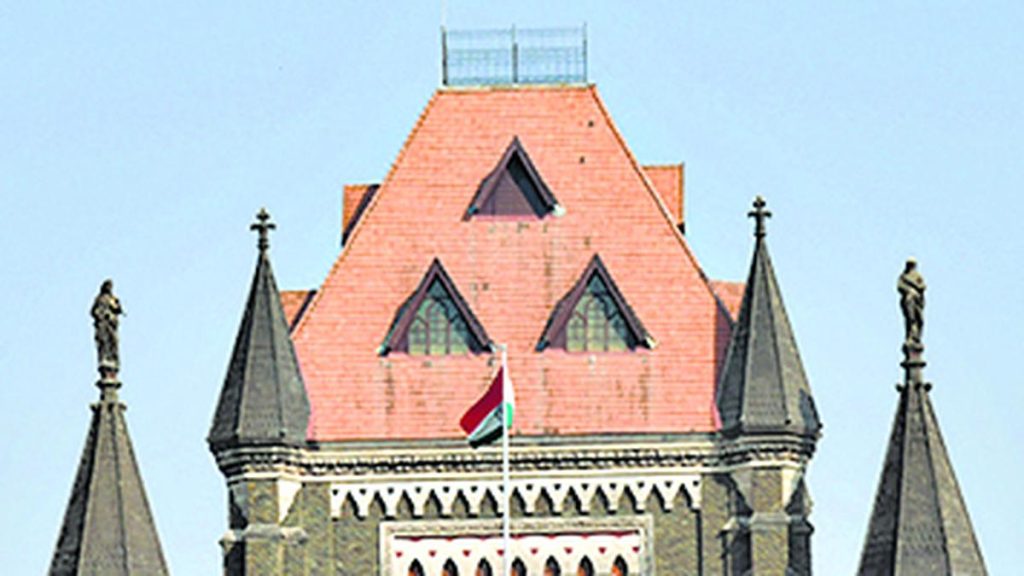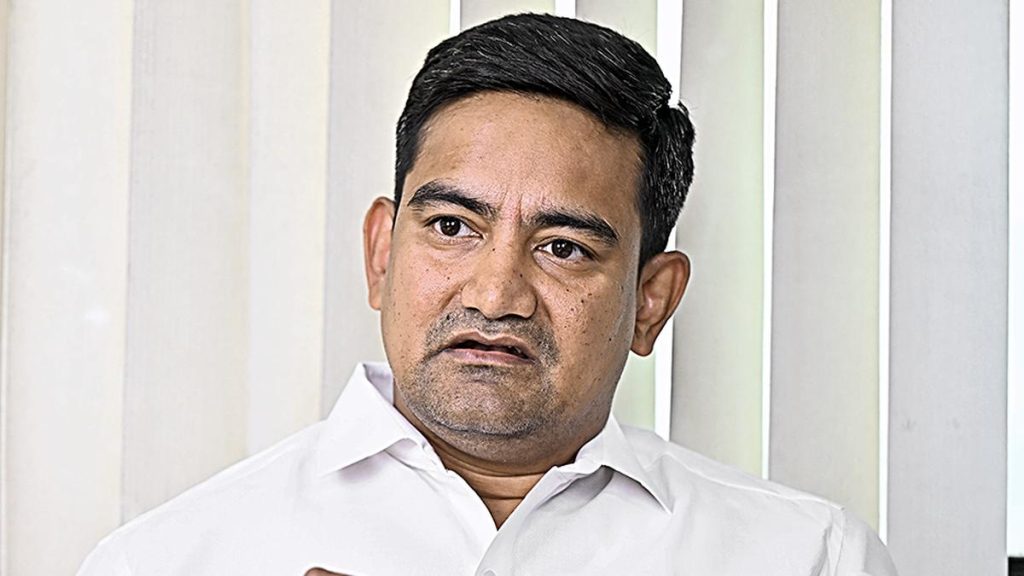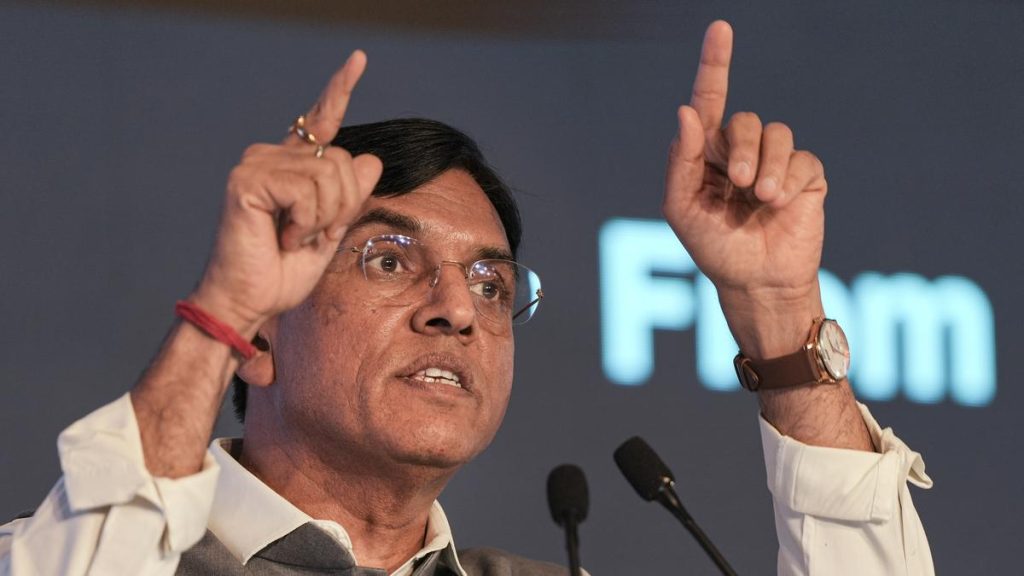Now Reading: Who Qualifies as an ‘Ordinarily Resident’? | Explained
-
01
Who Qualifies as an ‘Ordinarily Resident’? | Explained
Who Qualifies as an ‘Ordinarily Resident’? | Explained
Quick Summary
- The Election Commission of India (EC) has initiated a Special Intensive Revision (SIR) of the electoral rolls in Bihar, sparking discussions on the term “ordinarily resident.”
- As per Section 19 of the Depiction of People Act (RP Act), inclusion in electoral rolls requires a person to be ‘ordinarily resident’ in a constituency.
- Section 20 explains that owning property alone does not qualify one as an ‘ordinarily resident,’ but temporary absence does not affect residency status.
- Special provisions under Section 20A allow NRIs to vote based on thier address listed in their passport.
- Migrant laborers comprise about 11% of the population, equivalent to approximately 15 crore voters. Many live temporarily at work sites and retain ties with their home constituencies.
- courts have emphasized that ‘ordinarily resident’ should imply permanent intention and connection with a place, rather than temporary presence.
- Challenges arise when strict interpretations risk disenfranchisement for migrant workers unwilling or unable to register at new locations. Fraudulent registrations are also concerns.
- Suggestions include amending laws or creating mechanisms that preserve voting rights for migrants while curbing multiple enrollments via measures like Aadhaar verification.
Indian Opinion Analysis
The EC’s focus on revising electoral rolls raises pertinent questions about balancing accountability and inclusivity within India’s democratic framework. migrant laborers represent a significant portion of voters yet face barriers arising from rigid interpretations of “ordinary residence.” While ensuring current residency ties safeguards against fraud, overly strict enforcement risks isolating vulnerable groups who depend on maintaining connections with their home constituencies due to socio-economic realities.
Recognizing this complexity without compromising fairness could involve updating laws such as RP Act or Registration Rules. Existing provisions for service voters and NRIs already demonstrate precedents for retaining voting rights despite physical relocation-an approach perhaps adaptable for large-scale internal migrants. Integrating Aadhaar-based anti-fraud measures may further streamline processes without disenfranchising genuine voters. india’s democracy thrives when its systems account fairly for all sections; addressing migrant-specific challenges thoughtfully will strengthen public trust and collective representation.























